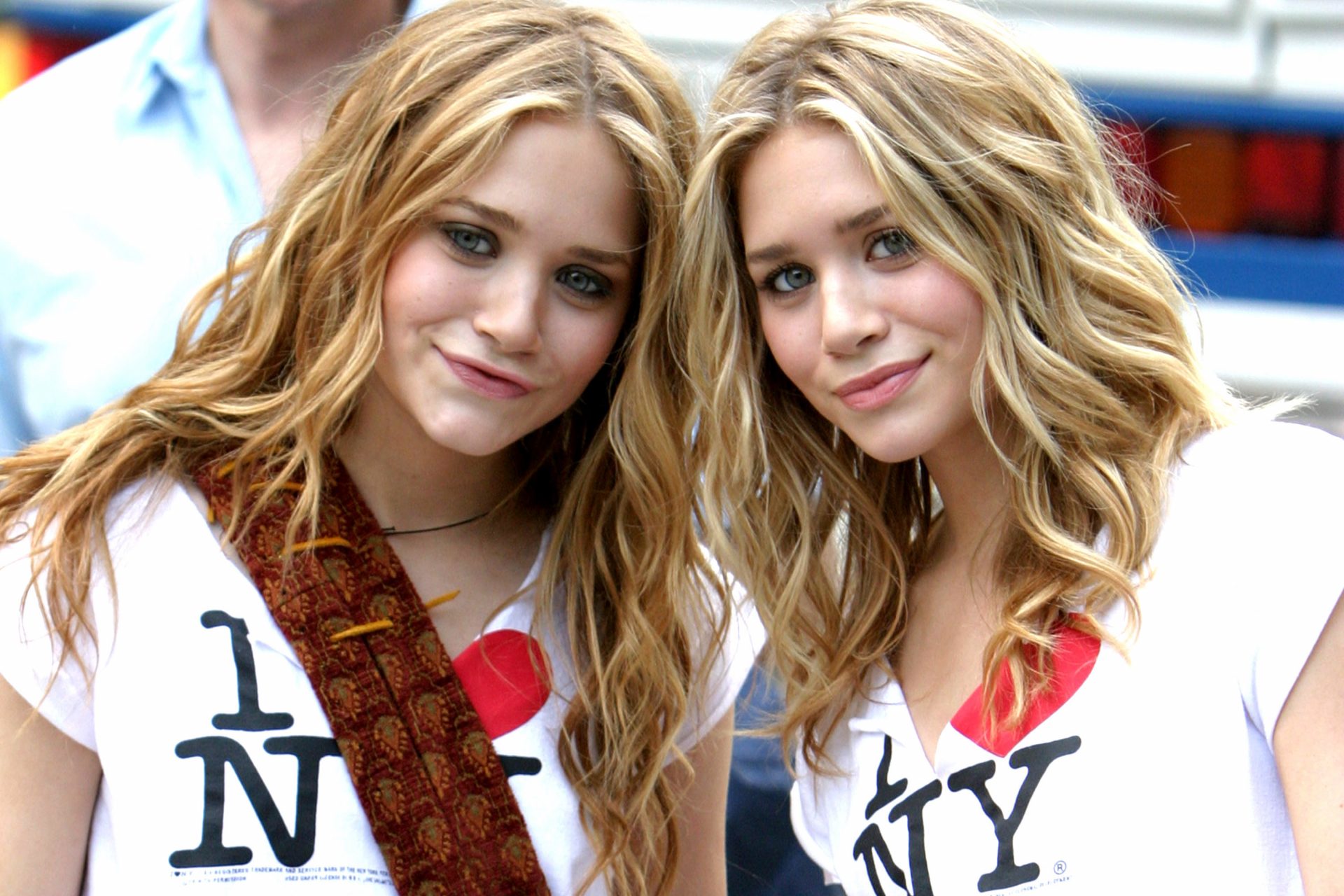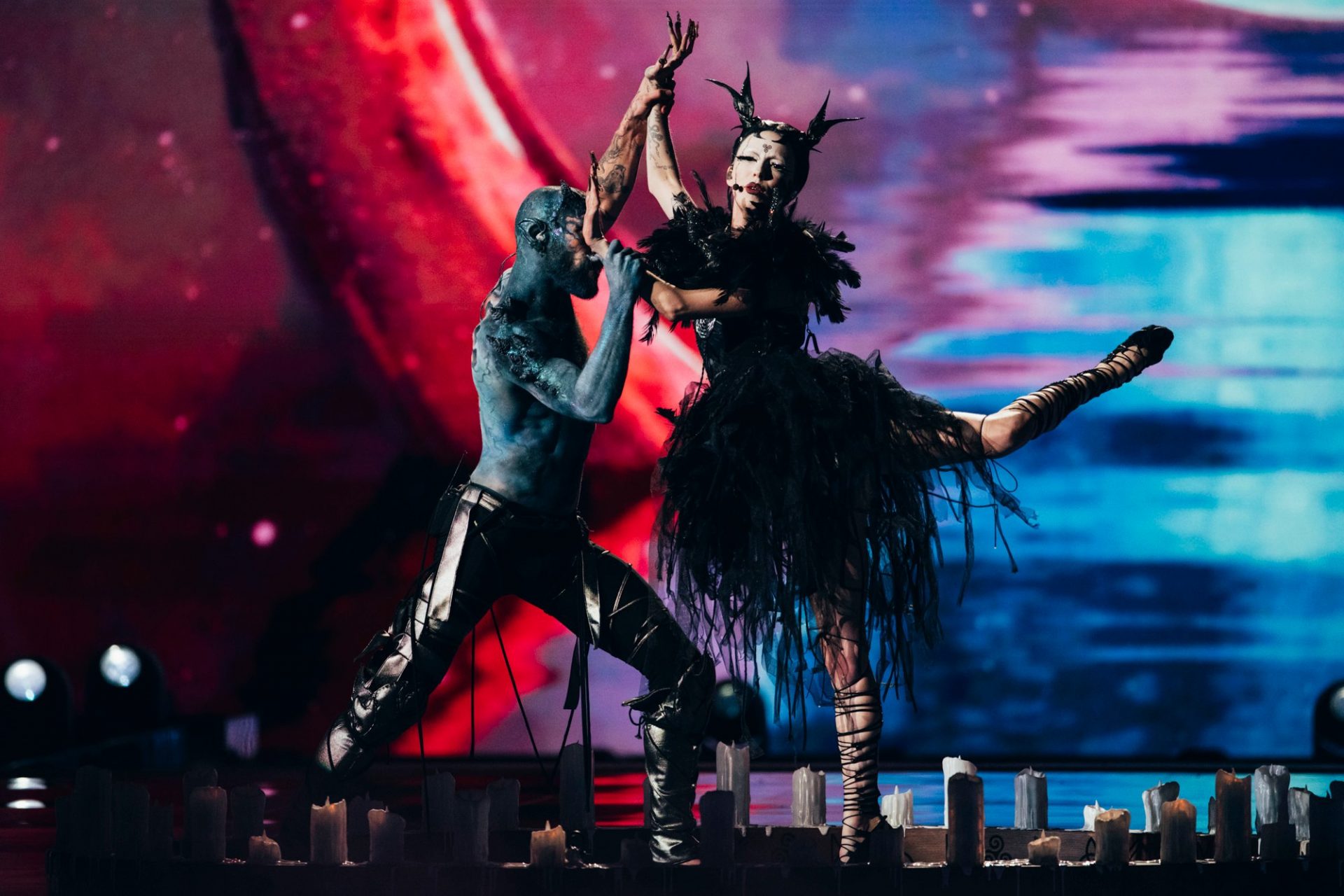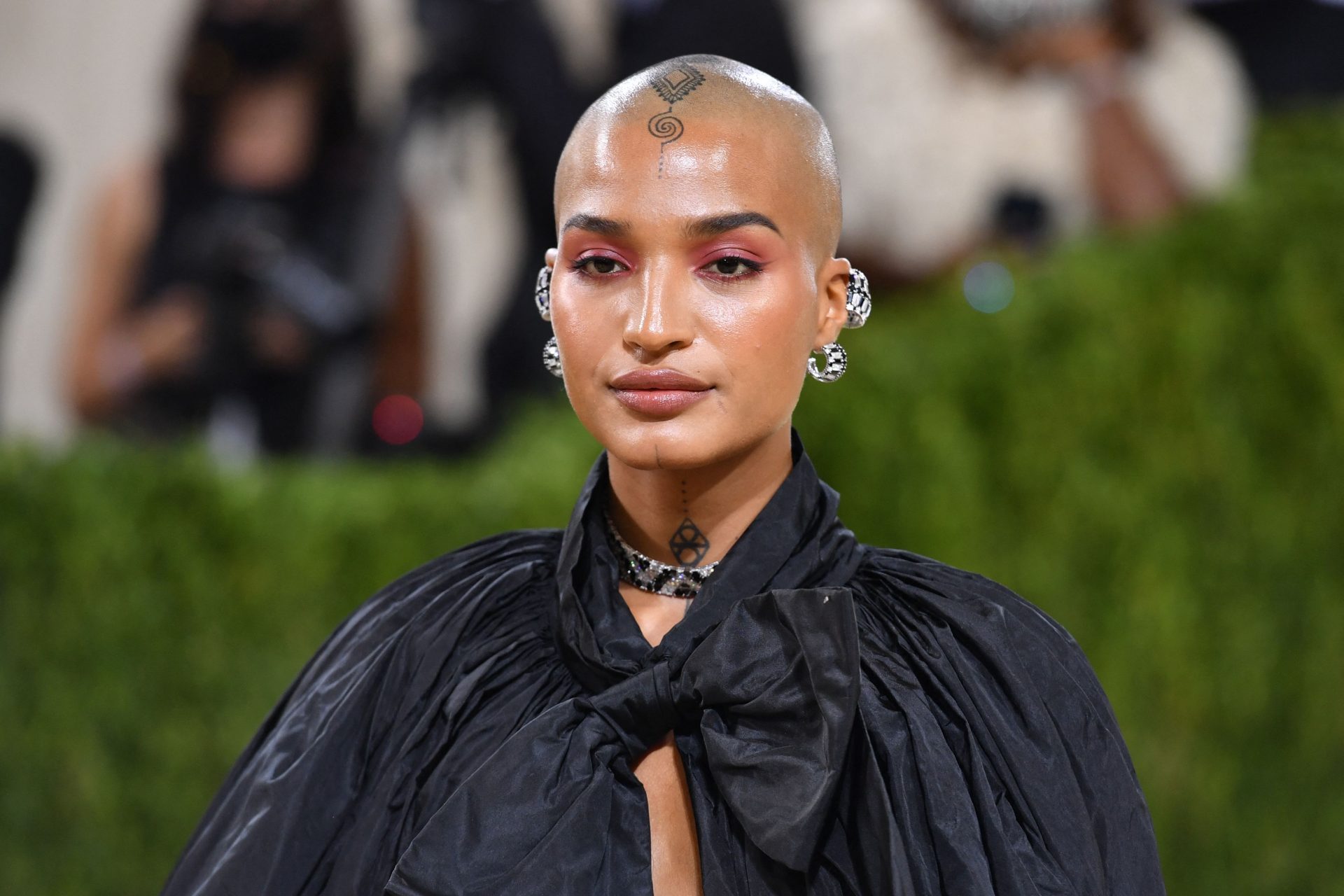COVID-19 vaccines: how many are there, how do they work, and what are the side effects?
The global catastrophe of the COVID-19 pandemic has a silver lining: science has broken all records when it comes to developing a vaccine against the virus. Several vaccines are currently in use. Which ones do we have at the moment, and how effective are they? In addition, what are their side effects, and do they immunize against all variants of the coronavirus?
The pandemic emerged in China and the first COVID-19 vaccine was produced there. Its efficacy is high (around 72%. As a result, countries such as Hungary, Argentina, Colombia, Mexico, Egypt and the Philippines (among many others) are using it. One dose is enough.
The Russian vaccine was produced at full speed and provoked mistrust among some countries. However, it has been shown to be over 90% effective and it's being inoculated in many countries in Eastern Europe and Latin America. One dose is all it takes.
The Moderna vaccine was one of the first to be introduced and is 95% effective. In most European countries it is being inoculated in all populations, especially among the elderly. It requires two doses.
Very similar in characteristics to the Moderna vaccine: 95% efficacy, double dose and storage at very low temperatures.
This vaccine is 63% effective. Some countries only apply it to adults and young people because there are (as yet) no reliable studies on its efficacy in people over 65. While it works only with a double dose, it has the advantage that it doesn't require transportation in deep-freeze conditions.
A single dose, more than 70% efficacy, and transport without the need for extreme cold. That's the Johnson & Johnson vaccine.
Several vaccines are still in the pipeline and will arrive soon. For example, Bayer Pharmaceuticals is working with CureVac. Other vaccines are also being developed in France and Spain.
According to early studies, the Moderna and Pzifer-BioNTech vaccines would be effective against the South African variant. But other variants (Brazilian, Californian...) could circumvent immunization.
In any case, it seems clear that those vaccinated are protected to the extent that, even with new variants, they would not suffer from the most severe forms of coronavirus.
Pharmaceutical companies are already working on new vaccines that immunize against the new COVID-19 variants. Eventually, the pandemic is likely to evolve into something like the flu, where you have to be vaccinated every season because the virus changes a little every year.
After getting the COVID-19 vaccine, you may feel a diffuse malaise, fever, and pain near the spot where the vaccine was injected. These mild side-effects, lasting at most 24 hours, are the usual symptoms of almost all types of vaccines. Also, and most commonly, nothing unusual may occur at all. In that case, the vaccinated person won't notice anything while the immunization does its job.
Being immunized by the vaccine does not mean that we cannot transmit the virus to other people. What the vaccine does is slow down the ability of the virus to make us sick, but scientists suspect that transmission is still possible. So even with mass vaccination, the safety mask is still going to be part of the regular human landscape.
Vaccination works to protect the population through what is called 'herd immunity.' If the majority of the population is vaccinated, transmission will be largely stopped and the disease subsides. However, the existence of new variations and the complexity of COVID-19 keep the scientific community on alert.
Israel, for example, is a country that has vaccinated a very high percentage of its population. Yet, it is seeing a slight increase in coronavirus cases. The reasons for this discrepancy have yet to be studied.
In any case, vaccination is the only route to the end of the pandemic. Even if variants abound, vaccination will ensure that COVID-19 deaths can be avoided and that, at most, we will have to suffer milder forms of the infection. And will the world be the same again? Maybe not quite, but at least humanity will have survived.



























